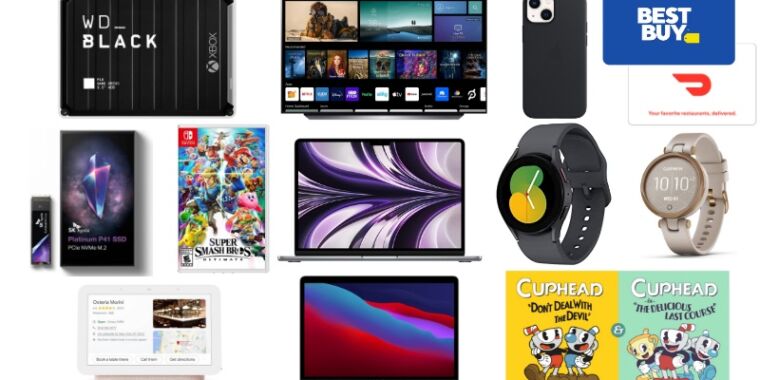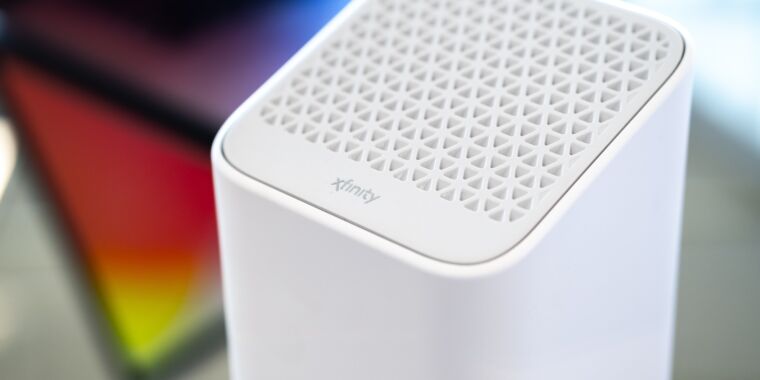Healium raises $3.6 million to advance mental wellness technology
Mental health has become a topic of discussion in almost every industry. Stress, trauma, insomnia, and other circumstances can significantly affect a person's brain function. As entrepreneurs, we are often told to look for signs of burnout and stress in our employees and ourselves.
For mental wellness solutions, help usually comes in the form of therapy, medication, or lifestyle changes. But in recent years, there have been new options from surprising sources: biometric feedback and virtual reality.
Technology lends a handWhen people try to find reasons for the prevalence of anxiety, PTSD, and depression in modern society, technology can be near the top. And in some ways, that's true. Excessive use of social media and daily screen time can be mentally damaging, especially for teens. If you spend hours every day in front of a computer doing your job, you know how mentally draining it can be.
The conclusion one might come to is that using more technology to promote mental well-being is a ridiculous idea. But some entrepreneurs and innovators have partnered with medical institutions to achieve this. Using science and data, some of these therapeutic technologies have proven to be extremely effective.
Such a collaboration has taken place between Healium and the Mayo Clinic. In February 2023, Healium announced that it would acquire a total of $3.6 million in private equity investments. Additionally, it was announced that they have collaborated with Mayo Clinic under a know-how licensing agreement. Through this agreement, the Mayo Clinic has agreed to lend its experts to further develop the fitness and mental health functions of Healium.
Mental wellness technology helps individualsHealium, which is a women-owned business in Missouri and described as a "virtual or augmented reality biofeedback business." Simply put, it creates a virtual reality influenced by the user's biometrics and AI. It just goes to show that AI can be used for more than generating college dissertations.
For example, someone trying to use stress coping mechanisms such as meditation may have trouble knowing whether or not their efforts are working. Healium can create a visual representation of an individual's stress levels using data from smartwatches or other fitness trackers. In this way, the person can see in real time if their meditation technique is effective.
Healium CEO Sarah Hill and Dr. Jeff Tarrant developed the technology in 2016. A former television host, Hill wanted to create a way to deny the emotionally damaging images she witnessed in her work.
"Media images can be hurtful, but when escalated differently into something soothing, they can also be healing," Hill said. "These are powerful, drug-free, portable coping mechanisms for this mental health emergency that quickly shut down the stress response."
The company also offers a sleep product called Sleepium which is a drug-free way to downshift the nervous system before falling asleep. Instead of watching or listening to a bedtime story on your phone, you're actually inside the story in the glasses. VR glasses are now equipped with blue light filters.
Mental well-being is good for businessTechnological advances in mental health are obviously a good thing from a global perspective. But for entrepreneurs and business owners, it's also good for the well-being of your employees and for your bottom line.
Insomnia and sleep deprivation can cost more than you think. It is estimated that in the United States, more than $400 billion is lost each year due to sleep deprived workers.
Stress and burnout among your employees can lead to high turnover, low productivity, and more errors. Even if their work is not the cause of their stress, the effects are probably noticeable in the workplace. If technology makes mental health assistance cheaper and more readily available, it's a win-win situation for everyone.
As mental wellness technology becomes more accessible and effective, entrepreneurs need to take notice. Some may want to expand...

Mental health has become a topic of discussion in almost every industry. Stress, trauma, insomnia, and other circumstances can significantly affect a person's brain function. As entrepreneurs, we are often told to look for signs of burnout and stress in our employees and ourselves.
For mental wellness solutions, help usually comes in the form of therapy, medication, or lifestyle changes. But in recent years, there have been new options from surprising sources: biometric feedback and virtual reality.
Technology lends a handWhen people try to find reasons for the prevalence of anxiety, PTSD, and depression in modern society, technology can be near the top. And in some ways, that's true. Excessive use of social media and daily screen time can be mentally damaging, especially for teens. If you spend hours every day in front of a computer doing your job, you know how mentally draining it can be.
The conclusion one might come to is that using more technology to promote mental well-being is a ridiculous idea. But some entrepreneurs and innovators have partnered with medical institutions to achieve this. Using science and data, some of these therapeutic technologies have proven to be extremely effective.
Such a collaboration has taken place between Healium and the Mayo Clinic. In February 2023, Healium announced that it would acquire a total of $3.6 million in private equity investments. Additionally, it was announced that they have collaborated with Mayo Clinic under a know-how licensing agreement. Through this agreement, the Mayo Clinic has agreed to lend its experts to further develop the fitness and mental health functions of Healium.
Mental wellness technology helps individualsHealium, which is a women-owned business in Missouri and described as a "virtual or augmented reality biofeedback business." Simply put, it creates a virtual reality influenced by the user's biometrics and AI. It just goes to show that AI can be used for more than generating college dissertations.
For example, someone trying to use stress coping mechanisms such as meditation may have trouble knowing whether or not their efforts are working. Healium can create a visual representation of an individual's stress levels using data from smartwatches or other fitness trackers. In this way, the person can see in real time if their meditation technique is effective.
Healium CEO Sarah Hill and Dr. Jeff Tarrant developed the technology in 2016. A former television host, Hill wanted to create a way to deny the emotionally damaging images she witnessed in her work.
"Media images can be hurtful, but when escalated differently into something soothing, they can also be healing," Hill said. "These are powerful, drug-free, portable coping mechanisms for this mental health emergency that quickly shut down the stress response."
The company also offers a sleep product called Sleepium which is a drug-free way to downshift the nervous system before falling asleep. Instead of watching or listening to a bedtime story on your phone, you're actually inside the story in the glasses. VR glasses are now equipped with blue light filters.
Mental well-being is good for businessTechnological advances in mental health are obviously a good thing from a global perspective. But for entrepreneurs and business owners, it's also good for the well-being of your employees and for your bottom line.
Insomnia and sleep deprivation can cost more than you think. It is estimated that in the United States, more than $400 billion is lost each year due to sleep deprived workers.
Stress and burnout among your employees can lead to high turnover, low productivity, and more errors. Even if their work is not the cause of their stress, the effects are probably noticeable in the workplace. If technology makes mental health assistance cheaper and more readily available, it's a win-win situation for everyone.
As mental wellness technology becomes more accessible and effective, entrepreneurs need to take notice. Some may want to expand...
What's Your Reaction?















![Three of ID's top PR executives quit ad firm Powerhouse [EXCLUSIVE]](https://variety.com/wp-content/uploads/2023/02/ID-PR-Logo.jpg?#)







